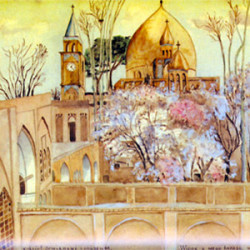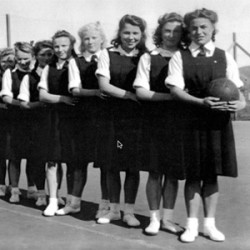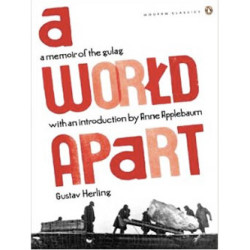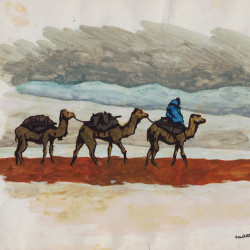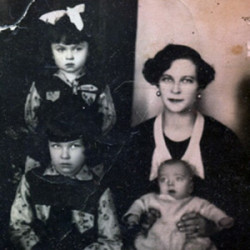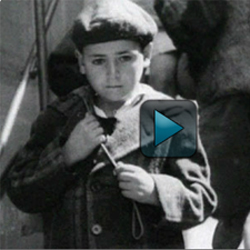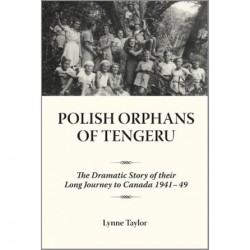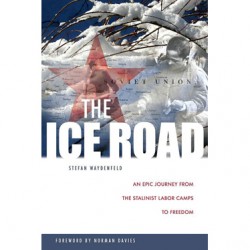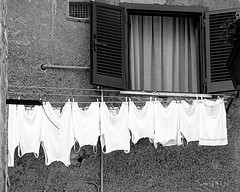2015 Vol. 7 No. 1 — Spring / Features
They received gifts of dates, nuts, roasted peas with raisins, and juicy pomegranates; visited museums, mosques and bazaars; and were always greeted with kindness. All this in what has often been called the most beautiful city in the world.
2015 Vol. 7 No. 1 — Spring / Features
It is important to understand the welcome practices of host countries and their treatment of child refugees, and the long-term well-being and adaptation of both the children and their host countries. Amanda Chalupa takes a look at what is possibly the gold standard, set by the people of New Zealand.
2015 Vol. 7 No. 1 — Spring / Books
Gustav Herling-Grudziński, Inmate No. 1872, wrote his powerful indictment of the Soviet system of penal camps, the GULAG, not as a description of nations at war, but as a conflict between barbarism and civilization. First published in 1951, this book was quietly but intentionally suppressed for decades.
2015 Vol. 7 No. 1 — Spring / Commentary / Features
When the Soviets deported Polish citizens from their zone of occupied Poland, the Poles began a journey that would cover several continents and oceans. Among the most amazing is the saga of the children’s odyssey.
2015 Vol. 7 No. 1 — Spring / Features
Beautiful, wise, accomplished, serene and very strong, Halina Babinska is as admired as she is modest. She credits the sensitive care she got in the Polish orphanage after World War II for her recovery to a normal and useful life.
2010 Vol. 2 No. 3 — Fall / Films
by CR × on October 14, 2010 at 4:00 am ×
The 1966 documentary tells the story of 734 Polish children who were adopted by New Zealand in 1944 as WWII refugees.
2010 Vol. 2 No. 2 — Summer / Books
Author Lynne Taylor documents the dramatic story of a group of Polish orphans who were exiled to Siberia, escaped via the Middle East, and grew up in Africa. They finally came to Canada – in defiance of claims by the communist regime that the children belong to them.
2010 Vol. 2 No.1 — Spring / Books
With the Soviet dystopia as background, the book reads like a terror-filled adventure – all the more so because it’s non-fiction.
2009 — Summer / Features
I recently reminisced about my son’s visit to England when he was eighteen. He took his bike with him and had his itinerary well planned. It included a trip to Hatherleigh, a little town in Devon where my family spent a year when my parents were reunited after their long wartime separation.
